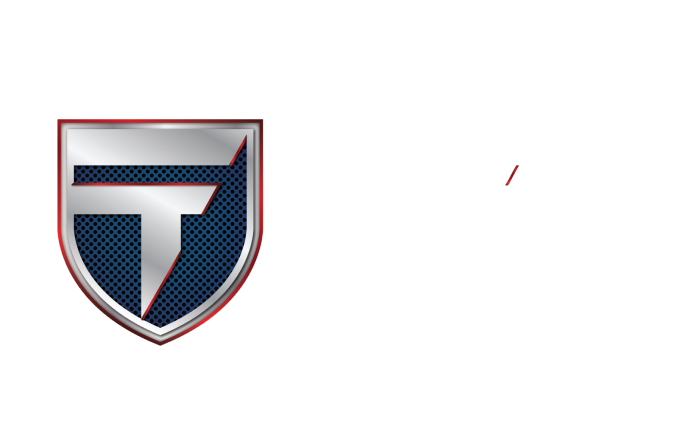When you want to further your education, college isn’t the only option. There’s another way to get to work that may work better for you—just like it’s working for millions of others who traded college for a trade school education. Today, trade schools are blazing a path in career paths for all of the benefits they offer. Learn why trade schools can you give you a competitive advantage that makes dollars and sense.
Trade Years of Learning for Years of Earning
A bachelor’s degree calls for four or more years of education, with some fields demanding additional years of internships or graduate studies to start a career. With trade school, time is on your side because you’re able to earn your degree in two years or less! Plus, trade school courses give you practical practice, so there’s no need for additional training. You’re able to start working, earning and succeeding in your field and—out in the field!—much faster.
Trade High Tuition for Low Cost of Admission
While an education is priceless, college certainly isn’t! According to a 2020 report from the U.S. Department of Education, the cost of college tuition ranges from $1,000 to $60,000—not per person, but per year! That doesn’t even include the cost of room and board, meals and supplies, which some schools require for attendance. A more affordable alternative is trade school, which costs a fraction as much as college and doesn’t demand the same strict standards. And with only two years or less of trade school for a degree, this adds up to lower tuition and less debt.
Trade General, By-the-Book Teaching for Practical, Hands-On Training
In college, you often sit in crowded classrooms listening to long lectures, learn by reading instead of doing, and take general courses that are off course of your career path. But at a trade school:
- Classes are smaller for more personal attention.
- Job-specific courses take the place of general classes.
- Instead of classwork and chapters, you get hands-on experience that lets you hit the ground running once you start working.
- You train with highly-skilled instructors and learn on the same equipment you’ll use on the job.
Trade Stressful Admissions for Simple Acceptance
When you try to get into a college, you get into the grueling process of getting in. Each school has its own strict standards and stipulations. School transcripts, SAT scores, ACT rankings, application essays and letters of recommendation are just some of the documents needed for admissions decisions. But trade schools take the work and worry out of admission. All that most trade schools ask is that applicants be at least 16 to 18 years old, bring a high school diploma or GED equivalent, and pass a basic admissions test.
Trade Career Uncertainty for Job Security
A college degree doesn’t come with a guarantee. Whether you find work depends more on the current demand than a college degree. Today, trade school skills are in high demand. According to the U.S. Department of Education, the U.S. has a major shortage of skilled laborers in the trades. And this demand is expected to continue for many years. With a trade school education, your skills will be in high demand and you’ll have employers looking for you as much as you’re looking for them!
By choosing a trade school education, you’re not making any trade-offs. Instead, you’re trading up. Up to getting out in the field faster. Up to spending less. Up to getting more specialized training. Up to saving the stress of admission. And up to having skills in high demand. Now it’s up to you to decide whether a trade school will work for you.


